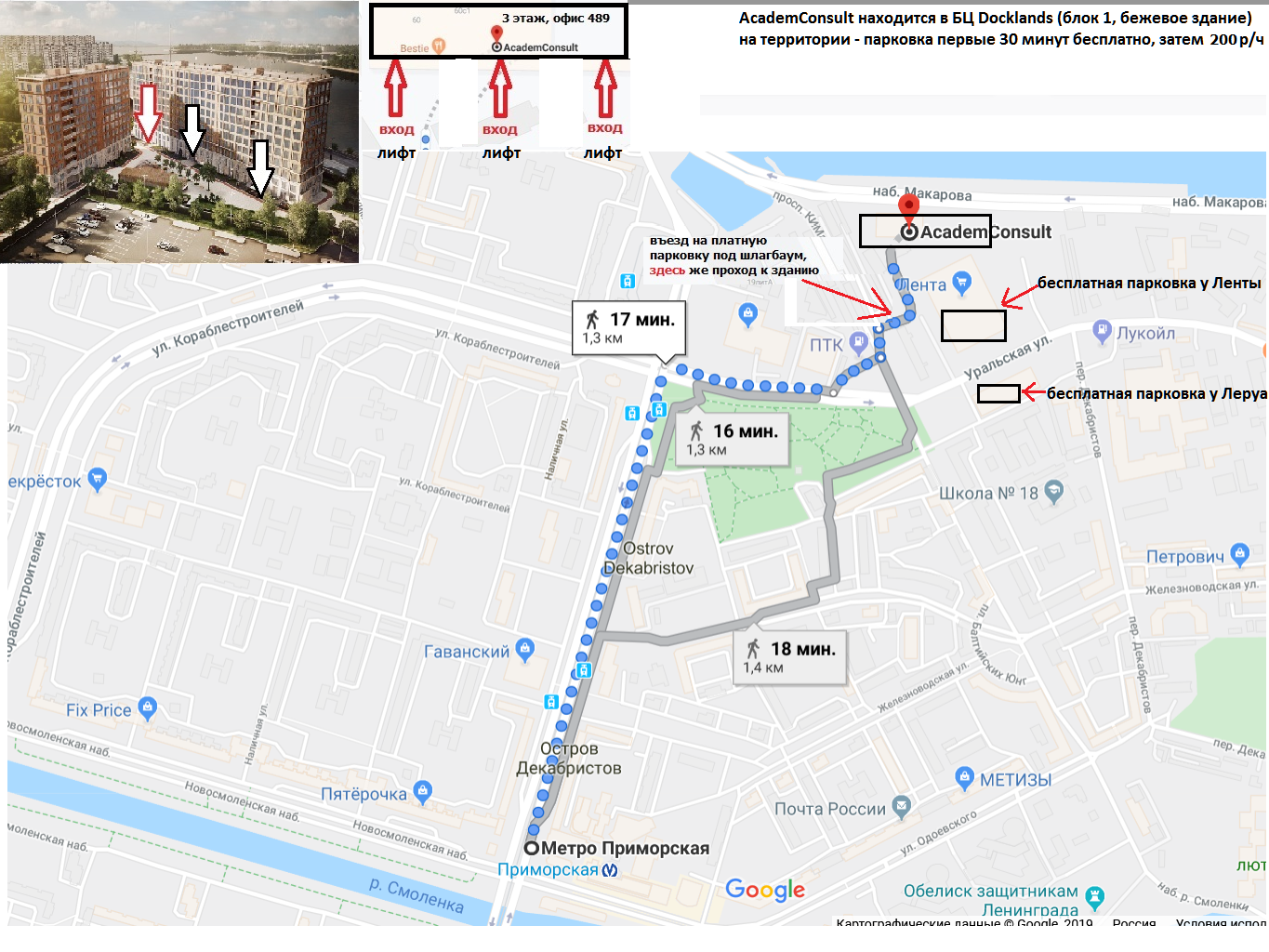3.10.2023
IELTS preparation: tips & tricks. speaking & listening
Getting a high score on IELTS test is challenging. Yet it isn’t impossible if you familiarize yourself with the structure of the test and understand what is tested and what to pay attention to dealing with each of the 4 modules of the test. Also, you really should spend enough time to practice sample tasks and questions of the test.
The exam consists of 4 modules: Listening, Reading, Writing and Speaking. Each of them is aimed at checking certain skills and there are things to focus on and bear in mind while doing them.
The exam consists of 4 modules: Listening, Reading, Writing and Speaking. Each of them is aimed at checking certain skills and there are things to focus on and bear in mind while doing them.


IELTS preparation: tips & tricks. speaking & listening

Let’s start with the Speaking Module to which there are 3 parts. In the first part you are asked a set of questions about yourself, your home or hometown and your interests. This is the easiest part of the Speaking Module and it gives you some time to feel comfortable, which is great as you should adapt to the situation and try to relax. Still you should remember not to give one sentence, or even worse, one word answers. Make it a rule to never say just ‘yes’ or ‘no’. Explain why it is so, give some details.
In the second part, you will be given a card with a topic and some points developing it and you will be given 1-2 minutes to prepare. You will be given a pencil and paper to make notes, which we don’t recommend using as writing will distract you. What we do recommend is to spend this little time given to think what you are going to talk about, structure your talk and try to remember some vocabulary connected to the topic. This brings us to the following: it is an exam and you should do your best to demonstrate all the vocabulary you have acquired and your skill of using various grammar structures when speaking. Instead of saying ‘very good’ say ‘absolutely fantastic’. Similarly, don’t say two simple sentences; connect them with a linker.
Sometimes students freeze when they get a topic on something that they have no experience of, e.g. “Describe a wedding you have been to recently” or “Describe something you bought and weren’t happy with”. The best thing you can do here is relax. Invent a story, use your imagination as nobody is going to know whether it is true or not. We would really recommend practicing as many sample tasks as you can.
In part 3 the examiner will ask you to consider general issues sometimes connected to the part 2 subjects. The questions are of a more abstract nature and contain more advanced vocabulary and structures, which is a surprise for some students. So be aware. Another thing to be aware of is that unlike in parts 1 and 2, you are not expected to talk about yourself and your personal experience but rather express your opinions and views on issues, situations and people in general. At all times you should remember to support the ideas expressed with examples and to explain your opinions.
In the Speaking Module, the typical duration ranges from 11 to 14 minutes. Your assessment will focus on four key aspects: fluency and coherence (maintain a steady pace without lengthy pauses, link ideas logically using linkers), vocabulary usage, grammatical range and accuracy (strive for advanced structures and diverse tenses, even if some errors occur), and pronunciation (you can enhance this through extensive listening practice). Keep these considerations in mind to enhance your performance.
The Listening Module of IELTS test comprises 4 parts with the first two sections being of general, social nature and the third and fourth sections being of educational and training nature. The recordings are played once only so you should stay really focused on the task at hand. There are intervals between sections and pauses within the first three sections to review questions. Use the time wisely and read the question, underline key words, try to predict what the speaker/speakers will talk about. Remember that there are usually no pauses in section four so try to preview all the questions for this section in the beginning. Effective preparation for the listening test involves extensive exposure to English, particularly through listening to sample IELTS recordings. This approach helps in acquiring the necessary listening skills crucial for test success.
All in all, passing IELTS test is a challenging task, requiring dedicated preparation and a significant time investment.. However, there are ways and tricks that can help you navigate and conquer this challenge successfully.
In the second part, you will be given a card with a topic and some points developing it and you will be given 1-2 minutes to prepare. You will be given a pencil and paper to make notes, which we don’t recommend using as writing will distract you. What we do recommend is to spend this little time given to think what you are going to talk about, structure your talk and try to remember some vocabulary connected to the topic. This brings us to the following: it is an exam and you should do your best to demonstrate all the vocabulary you have acquired and your skill of using various grammar structures when speaking. Instead of saying ‘very good’ say ‘absolutely fantastic’. Similarly, don’t say two simple sentences; connect them with a linker.
Sometimes students freeze when they get a topic on something that they have no experience of, e.g. “Describe a wedding you have been to recently” or “Describe something you bought and weren’t happy with”. The best thing you can do here is relax. Invent a story, use your imagination as nobody is going to know whether it is true or not. We would really recommend practicing as many sample tasks as you can.
In part 3 the examiner will ask you to consider general issues sometimes connected to the part 2 subjects. The questions are of a more abstract nature and contain more advanced vocabulary and structures, which is a surprise for some students. So be aware. Another thing to be aware of is that unlike in parts 1 and 2, you are not expected to talk about yourself and your personal experience but rather express your opinions and views on issues, situations and people in general. At all times you should remember to support the ideas expressed with examples and to explain your opinions.
In the Speaking Module, the typical duration ranges from 11 to 14 minutes. Your assessment will focus on four key aspects: fluency and coherence (maintain a steady pace without lengthy pauses, link ideas logically using linkers), vocabulary usage, grammatical range and accuracy (strive for advanced structures and diverse tenses, even if some errors occur), and pronunciation (you can enhance this through extensive listening practice). Keep these considerations in mind to enhance your performance.
The Listening Module of IELTS test comprises 4 parts with the first two sections being of general, social nature and the third and fourth sections being of educational and training nature. The recordings are played once only so you should stay really focused on the task at hand. There are intervals between sections and pauses within the first three sections to review questions. Use the time wisely and read the question, underline key words, try to predict what the speaker/speakers will talk about. Remember that there are usually no pauses in section four so try to preview all the questions for this section in the beginning. Effective preparation for the listening test involves extensive exposure to English, particularly through listening to sample IELTS recordings. This approach helps in acquiring the necessary listening skills crucial for test success.
All in all, passing IELTS test is a challenging task, requiring dedicated preparation and a significant time investment.. However, there are ways and tricks that can help you navigate and conquer this challenge successfully.

